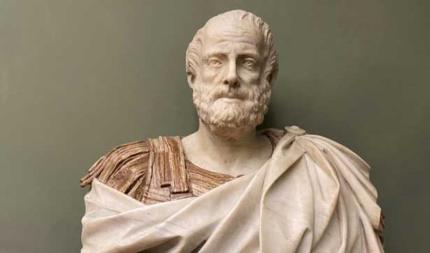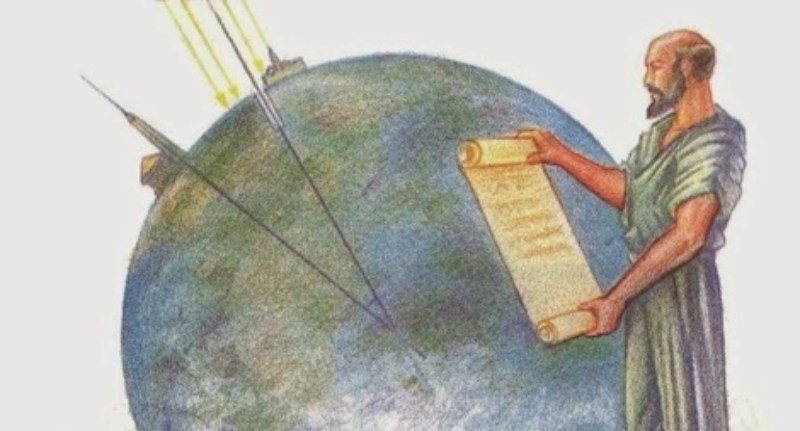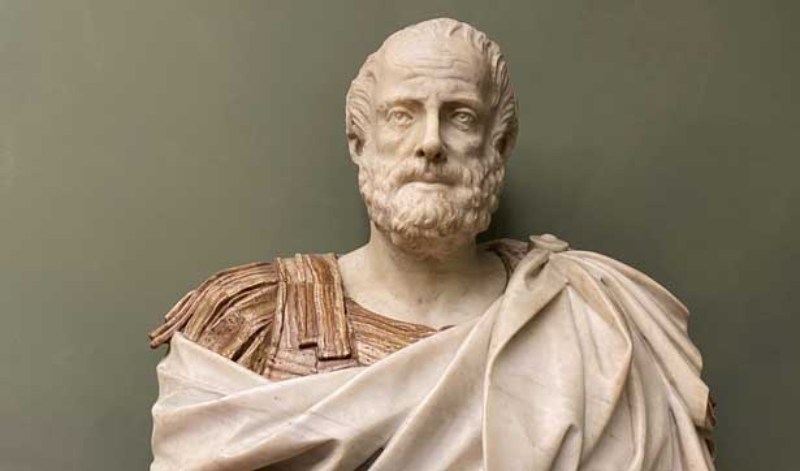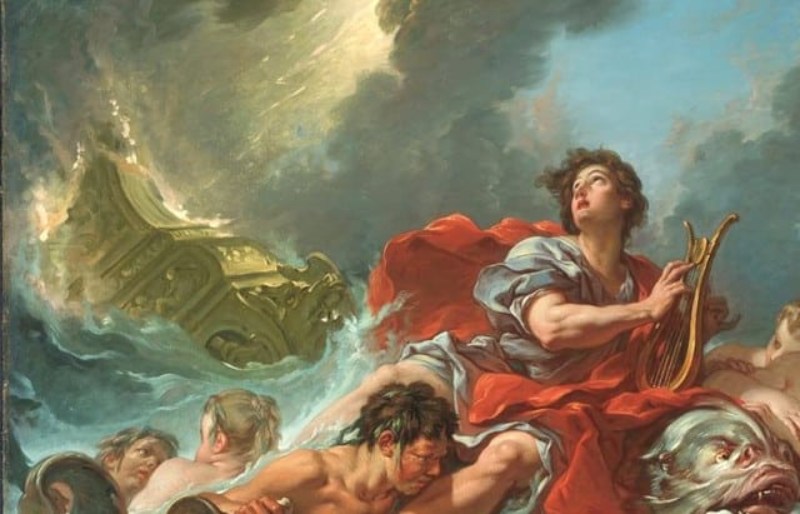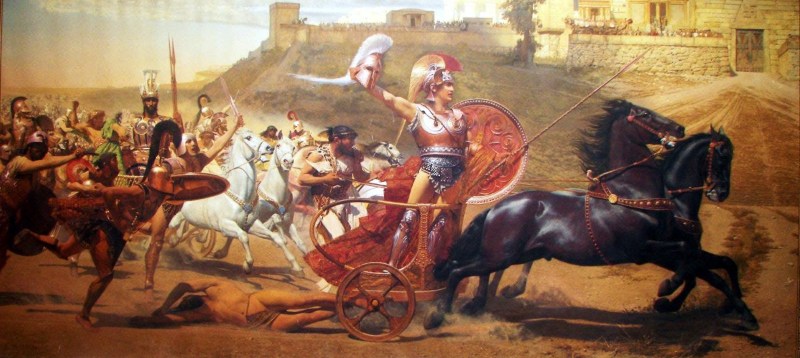Get free consultation
Fill out the form and we will contact you
Ancient Greek literature is not only an endless source of inspiration for world literature but also a cultural bridge between Western countries. For those exploring opportunities to relocate to Greece or Europe, understanding this literature is key to integrating with local culture and gaining deeper insight into the glorious history of the land of myths.
Ancient Greek literature began around the 8th century BCE and lasted until the 5th century CE. This was the golden age of Greek literature, marked by the emergence of timeless works such as epic poetry, tragedy, comedy, and profound philosophical texts.
Ancient Greek literature began around the 8th century BCE
This literature is divided into several main periods:
Archaic period (c. 800–500 BCE): Marked by the works of Homer and Hesiod
Classical period (c. 500–323 BCE): The era of great tragedians and philosophers
Hellenistic period (323–31 BCE): The expansion of Greek literature across the Mediterranean region
Roman period (31 BCE – 500 CE): Development under the influence of the Roman Empire
Greek epic poetry is represented by two timeless works of Homer: Iliad and Odyssey. These masterpieces are not only literary treasures but also invaluable sources of information about the history, religion, and social life of ancient Greeks.
The Iliad recounts the Trojan War and the conflicts between heroes, while the Odyssey narrates the arduous journey home of the hero Odysseus after the Trojan War.
Additionally, works by Hesiod, such as Theogony (The Genealogy of the Gods) and Works and Days, explore the origins of the gods and offer guidance on agriculture and ethics.
Greek tragedy flourished in the 5th century BCE with three great playwrights:
Aeschylus (525–456 BCE): Considered the "father of tragedy," famous for the Oresteia trilogy.
Sophocles (496–406 BCE): Author of Oedipus Rex, Antigone, and Electra.
Euripides (480–406 BCE): Known for works such as Medea, The Bacchae, and Hippolytus.
Tragic plays often explore complex themes of fate, free will, justice, and the relationship between humans and the gods.
Greek comedy developed alongside tragedy, with Aristophanes (446–386 BCE) as a prominent representative. His plays, such as Lysistrata, The Clouds, and The Frogs, were not only entertaining but also served as a tool for social and political critique of the tim.
Ancient Greek philosophical literature had a profound influence on Western thought. The three greatest philosophers of this period were:
Ancient Greek philosophical literature had a profound influence on Western thought
Socrates (469–399 BCE): Known for the Socratic method, he sought truth through questioning.
Plato (428–348 BCE): Student of Socrates, author of many famous philosophical dialogues such as Republic and Symposium.
Aristotle (384–322 BCE): Student of Plato, author of numerous works on logic, metaphysics, ethics, and natural sciences.
The study of Western history began with ancient Greek historians:
Herodotus (484–425 BCE): Considered the "father of history," author of Histories, which recounts the wars between Greece and Persia.
Thucydides (460–400 BCE): Author of History of the Peloponnesian War, highly regarded for his objectivity and methodological approach.
The study of Western history began with ancient Greek historians
Ancient Greek literature has inspired countless authors throughout the ages, from Roman Virgil to Shakespeare, Goethe, and contemporary writers. The themes, imagery, and narrative structures of ancient Greek literature continue to be present in modern literature.
Western education systems are built on the foundations of ancient Greek philosophy. Concepts such as Aristotle's logic, Plato's political theory, and Socratic dialogue remain central to higher education around the world.
Stories from Greek mythology and literature have served as an endless source of inspiration for painting, sculpture, and architecture over the centuries. From the Renaissance to the modern era, artists have continually returned to these themes and motifs.
Modern Greece takes pride in its numerous museums and historical sites related to ancient literature:
Acropolis Museum in Athens: Exhibits many artifacts related to ancient literature and art
Epidaurus Theater: A venue where ancient plays are still performed
National Library of Greece: Preserves valuable manuscripts and documents
Modern Greece takes pride in its many museums and historical sites
Each year, Greece hosts numerous festivals and events to celebrate its ancient literary heritage:
Athens and Epidaurus Festival: Features performances of ancient plays
Greek International Poetry Festival: Honors the poetic tradition dating back to Homer
Greek universities maintain programs dedicated to classical literature, attracting scholars from around the world. Research centers such as the Institute for Ancient Greek Studies in Athens serve as important destinations for international researchers.
Ancient Greek literature is not only a valuable cultural heritage of humanity but also a key to understanding Western civilization. For those seeking opportunities to reside in Greece or other European countries, knowledge of this literature helps foster a deep connection with local culture and opens up many opportunities for integration and development.
If you are interested in obtaining Greek citizenship through investment programs or the golden visa, contact Second Citizenship for a free consultation on available programs today!
Fill out the form and we will contact you
